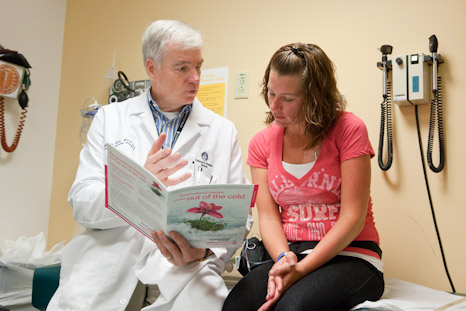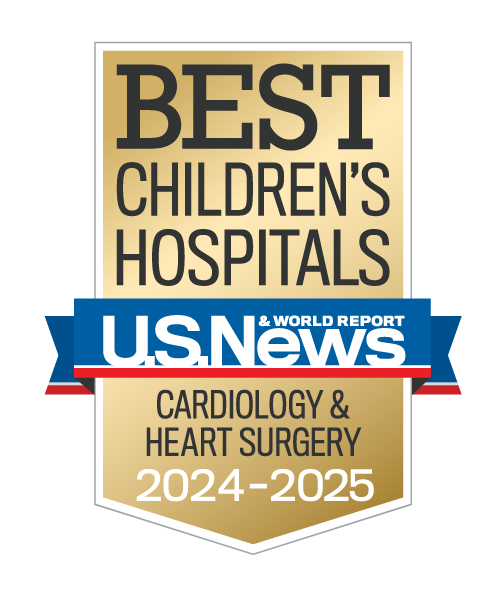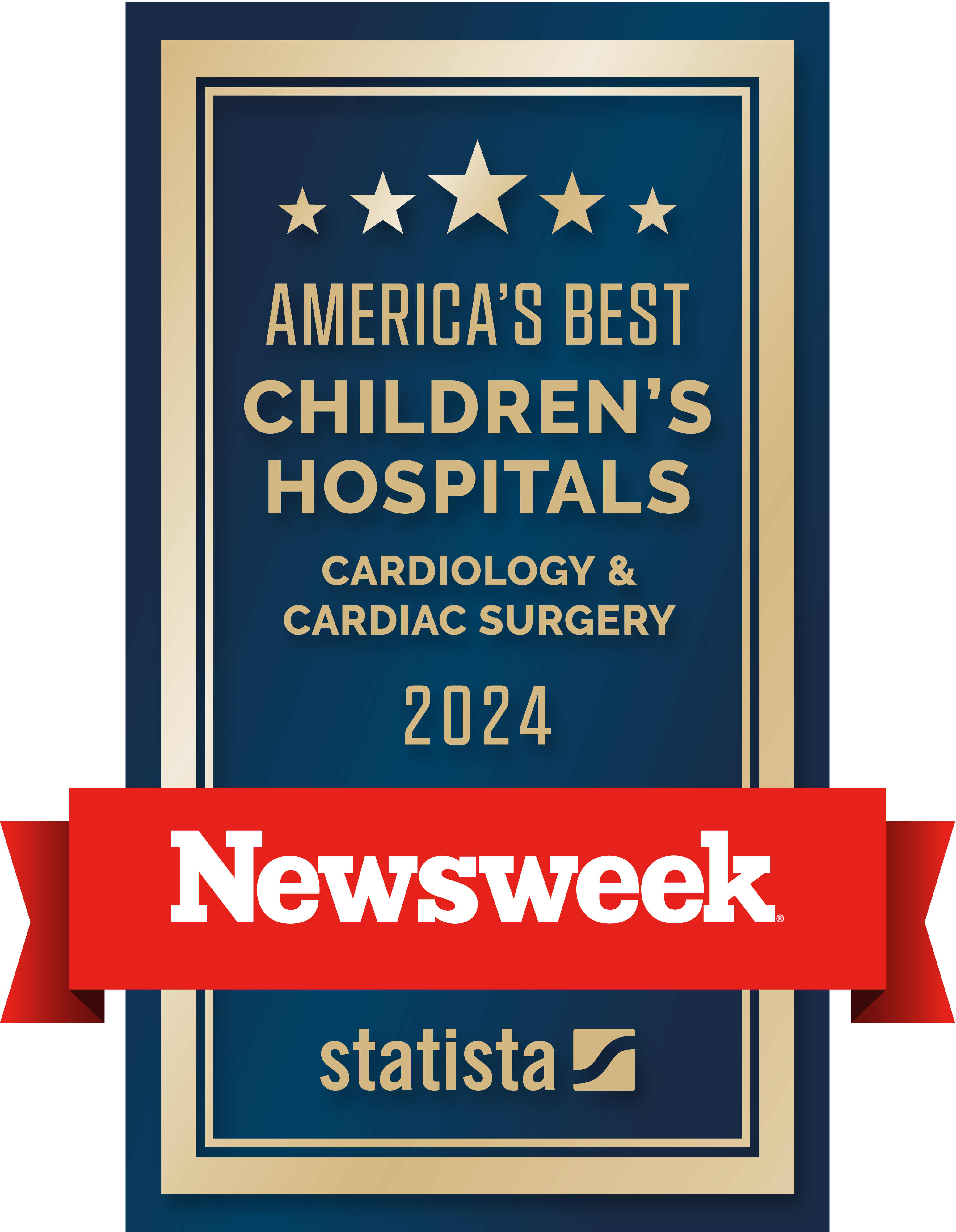The Maria Stata Cardiology Outpatient Services at Boston Children’s is one of the world’s oldest, largest, and most experienced pediatric programs. Because of our program’s size, most of our child cardiologists subspecialize in a specific type of disorder. This means your child’s doctor will know about your child’s condition inside and out, including the very latest treatments. And, if your child’s condition affects other aspects of their health, their doctor will involve experts from medical specialty areas at Boston Children’s.
Our expertise
Our clinic provides comprehensive evaluation and coordinated care for infants, children, and adults with various heart, and heart-related illnesses, diseases, and conditions in Boston, as well as our nine satellite-clinic locations throughout Eastern Massachusetts.
The clinic is staffed by a team of highly-trained cardiologists, nurse practitioners, physician-assistants, registered nurses, technicians, echo sonographers, fellows-in-training and support personnel.
We offer various non-invasive, diagnostic testing to all of our patients, such as electrocardiograms (ECGs), echocardiograms (echoes), Holter and event monitoring, exercise-stress testing, and stress-echocardiograms.
Our coordinated care team
Each patient who comes to our clinic is assigned a “primary” cardiologist who will oversee your cardiovascular care and help coordinate the many sub-specialists your child may see in the process of treating his/her specific condition and/or illness.
Our sub-specialty clinics
- Lipid Clinic
- Genetics Clinic
- Transplant Clinic
- Myopathy/Heart Failure Clinic
- Arrhythmia Clinic
- Boston Adult Congenital Heart Disease Clinic - (BACH)
- Pulmonary Hypertension Clinic
- Hypertension Clinic
We see adults, too
 Thanks to advances in medical and surgical care, many children born with congenital heart disease are now surviving to adulthood. Because so few defects are “cured,” however, these patients require lifelong follow-up care. In our Boston Adult Congenital Heart Service (BACH) outpatient clinic, we provide comprehensive diagnostic testing, complete therapeutic interventions (if needed), and coordinate patient care with specialty services at Boston Children's or at one of our affiliated hospitals.
Thanks to advances in medical and surgical care, many children born with congenital heart disease are now surviving to adulthood. Because so few defects are “cured,” however, these patients require lifelong follow-up care. In our Boston Adult Congenital Heart Service (BACH) outpatient clinic, we provide comprehensive diagnostic testing, complete therapeutic interventions (if needed), and coordinate patient care with specialty services at Boston Children's or at one of our affiliated hospitals.
Exercise can actually help children with congenital heart defects A study led by Boston Children’s found that, while many children with serious congenital heart defects are urged to restrict activity, most of these children can in fact benefit from regular exercise. A 12-week study found that 15 out of 16 children had functional improvements, some as high as 20 percent.
Exercise can actually help children with congenital heart defects
A study led by Boston Children’s found that, while many children with serious congenital heart defects are urged to restrict activity, most of these children can in fact benefit from regular exercise. A 12-week study found that 15 out of 16 children had functional improvements, some as high as 20 percent.


